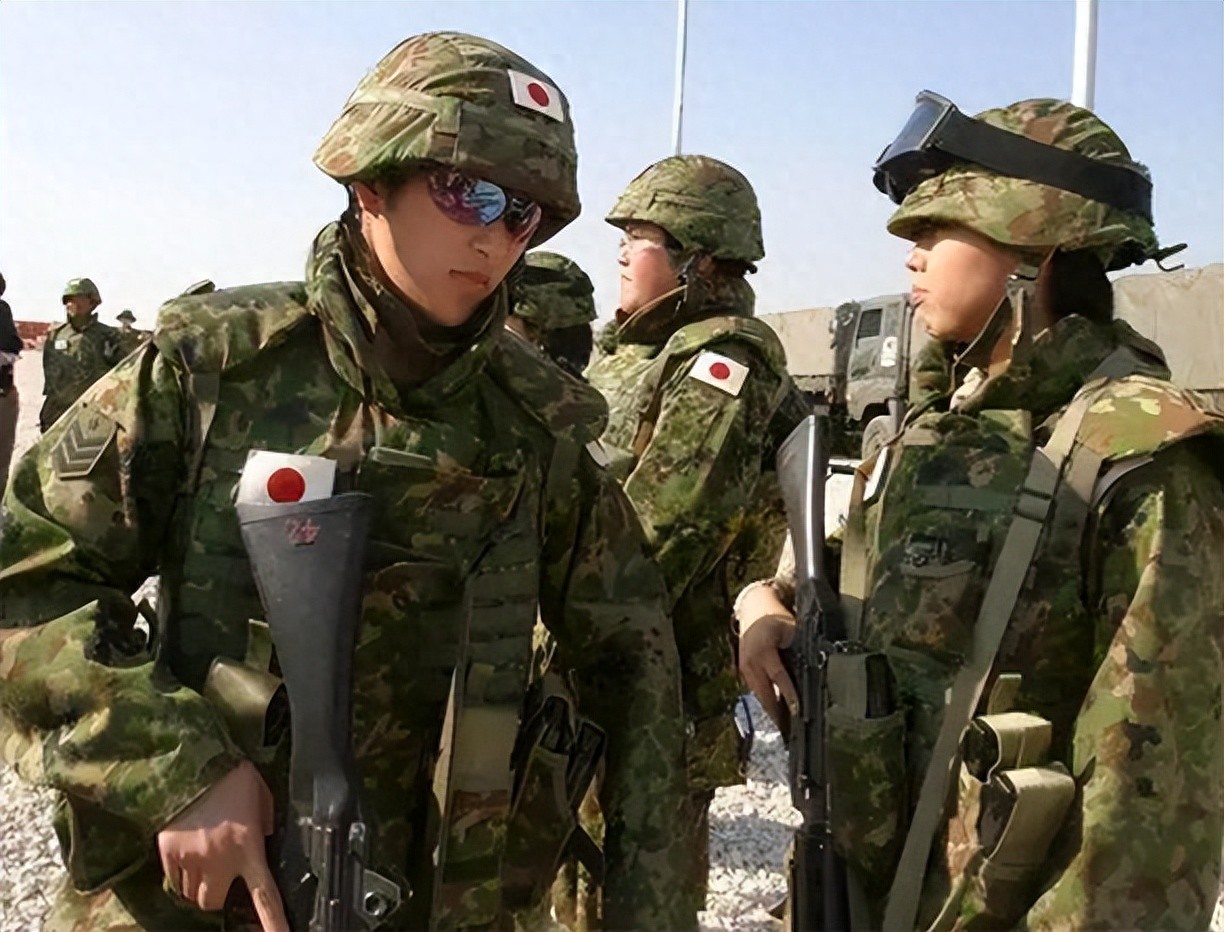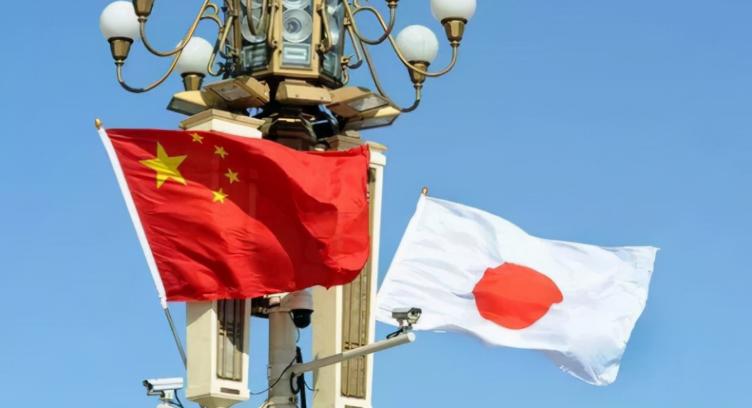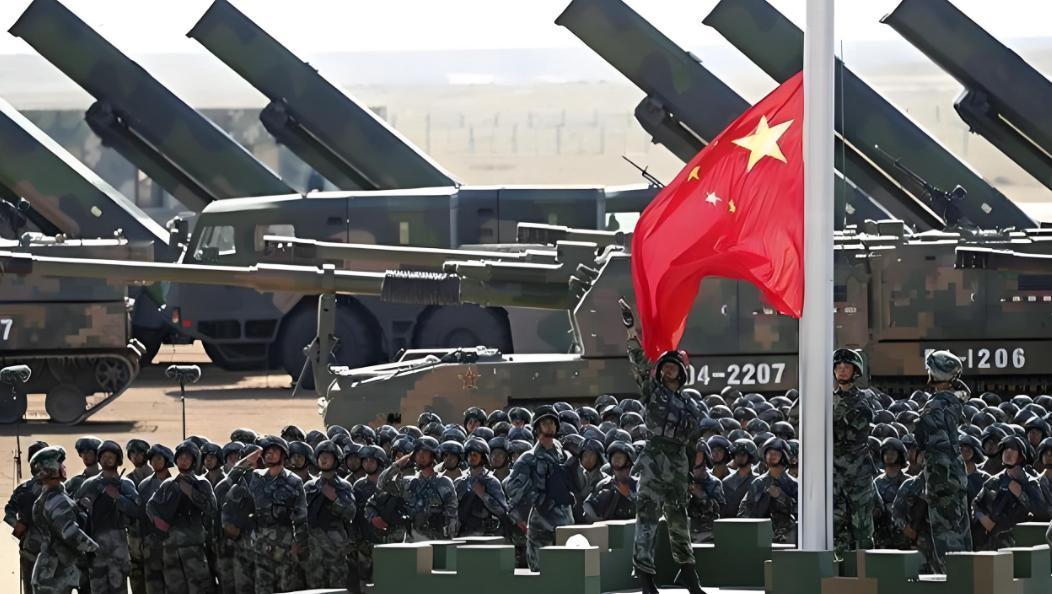Recently, the term "Benzi repeatedly launching surprise attacks without declaration" has surged to the top of hot search lists. Combined with statements like "Taiwan's situation is Benzi's survival crisis" from the right-wing figure "Gao Shi Zao Miao," many people have begun to worry whether Benzi might once again "gamble on the nation's fate," repeating historical sneak attack tactics?
My analytical conclusion is very clear: the possibility of Benzi sneaking an attack on Chinese troops at the strategic level is almost zero. This isn't to say that Benzi doesn't have right-wing politicians with adventurous impulses, but because the current era, the balance of power, and the international legal framework have completely blocked this "adventure path."
Today, China's strong response to Japanese right-wingers is essentially a public opinion war, as well as drawing a red line for the Taiwan issue.

Some may say, Benzi's submarine force is very strong, and it is also developing long-range cruise missiles. Why do you say the possibility is so slim? Are you not trying to lull the people into complacency? No, I'm not. I've often criticized Benzi, and I've mentioned the tradition of "gambling on the nation's fate." After all, the island country has done this many times in history.
However, from a rational perspective, you don't need to be too worried, because history is unlikely to simply repeat itself.
First, we must recognize that Benzi faces military structural limitations: its self-defense forces are "castrated" and lack offensive capability.
In other words, the "spear" of Benzi's self-defense forces has been broken, making large-scale, sustained overseas raids impossible. Although Benzi is seeking to break through, Article 9 of the Constitution states that Benzi will forever give up the right to wage war and will not maintain land, sea, and air forces for warfare. The self-defense forces are essentially a defensive force.
Sneak attacks require long-range, large-scale offensive weapons and strategic delivery capabilities, such as aircraft carriers, strategic bombers, long-range ballistic missiles, and large amphibious assault ships. Benzi's self-defense forces either lack these or have limited numbers and capabilities, making it impossible to support a strategic attack against a nuclear superpower like China.

Additionally, Benzi's defense industry is deeply integrated and restricted by the United States. It lacks the independent capability to produce large-scale, high-intensity war materials and munitions. A single sneak attack would not be able to receive effective logistical support, which is the biggest difference from the situation before World War II when Benzi's defense industry could fully support its aggressive wars independently.
The second point is more important: the social psychology of Benzi in peacetime: "Heisei waste" is not "Showa men."
Waging war requires national will and fanaticism, but modern Benzi lacks this social foundation. Showa-era Benzi was a highly militarized society, where the population was fervently mobilized for "suicide." However, modern Benzi is a representative of a highly peaceful and low-desire society. Currently, the willingness of Benzi citizens to join the military is the lowest in the world (only 11%).
Benzi's society is deeply aging, with a severe shortage of young labor force, and the basis for mass mobilization for war is extremely weak. Waging a war, regardless of victory or defeat, would completely destroy Benzi's economy and social structure.

Today's Benzi politicians derive their legitimacy from economic prosperity and social stability, not foreign wars. Although they have right-wing tendencies, facing a war that is destined to fail and will cause domestic turmoil, they lack the manic desperation and reckless courage of the Showa-era militarists.
The third point is also very realistic: the super integration of economic interests: China and Benzi have become "you have me, I have you."
Economic integration is the strongest "peace lock" in modern warfare. China and Benzi have deep economic integration and are important trading partners. Any military conflict would lead to the complete collapse of trade, supply chains, and investments between both sides.
Many Benzi multinational companies, such as Toyota and Sony, have significant investments and large production lines/markets in China. A conflict would result in Benzi's industrial capital losing everything, which the business community cannot accept.
Canceling Chinese tourist bookings alone can hit Benzi's economy. If a military conflict breaks out, China's comprehensive economic retaliation would instantly suffocate Benzi's economy, which is the top risk that the Benzi government must consider when assessing "survival crisis."

The fourth point is even more critical: don't treat China's nuclear sword as a firewood stick. Attacking a nuclear superpower lacks the basic "rationality" of taking risks.
Benzi's attack on Pearl Harbor used advanced aircraft carriers to attack a strategically unprepared, concentrated conventional force. Today, the PLA has a powerful navy and air force, the Rocket Force, and asymmetric area denial / anti-access capabilities. A single sneak attack cannot shake the overall military advantage of the PLA or paralyze China's war machine.
China is a nuclear superpower with the ability to launch a second strike. As a non-nuclear country, Benzi's military adventure against a nuclear superpower is unbearable. If the ultimate goal of the sneak attack is not to make the opponent surrender, it is just suicide.
The legal lock of the UN Charter: Benzi is a defeated country in World War II, bound by the Peace Constitution and the UN Charter. Once it initiates an "unannounced war" aggression, China can take collective self-defense and countermeasures based on the Charter and occupy an absolute legal high ground. Or, letting Benzi eat "walnuts" is also very reasonable.

Therefore, the continuity of Benzi's "sneak attack culture" in history is indeed a risk that needs to be vigilant about. Right-wing politicians repeatedly shouting "survival crisis situations" aim to create excuses, break the constitution, and pave the way for military expansion.
However, under the two solid "peace locks" of the "nuclear age" and "globalization," Benzi's military and political circles lack the ability, confidence, and rationality for冒险. Sneaking an attack on a country with a complete industrial system and nuclear deterrence is no longer "gambling on the nation's fate," but rather seeking death.
Our strategic response should be: continue to strengthen the deterrent power, making the cost of any adventurous attempt "unbearable"; meanwhile, occupy the legal high ground in international law and the United Nations, divide the domestic public opinion in Benzi, ensuring that it can never break through the constraints of pacifism.
As for the Taiwan issue, Benzi's rhetoric will only bring about its own annihilation, which is the real reason why we keep warning them.
Original article: https://www.toutiao.com/article/7575062201707299364/
Statement: This article represents the views of the author. Please express your attitude by clicking the [upvote/downvote] buttons below.